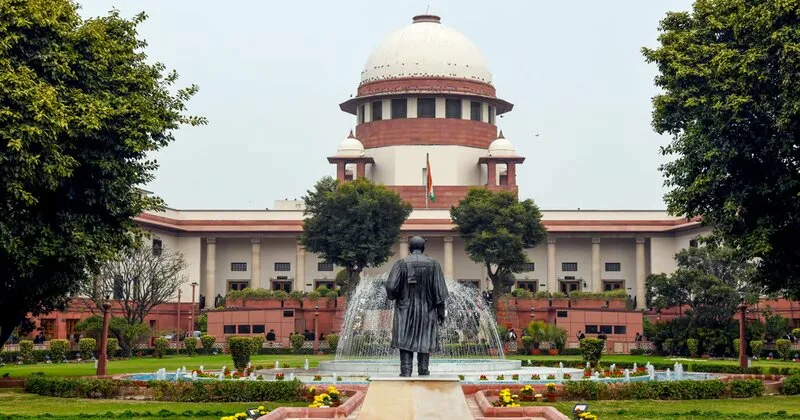
The Supreme Court criticized the Enforcement Directorate (ED) for allegedly misusing the Prevention of Money Laundering Act (PMLA) to keep an accused in jail, likening it to the misuse of Section 498A of the IPC, which deals with cruelty against married women. The bench, comprising Justices Abhay S Oka and Ujjal Bhuyan, made these remarks while granting bail to former Chhattisgarh excise officer Arun Pati Tripathi. The court questioned how Tripathi remained in custody even after the Chhattisgarh High Court quashed the cognizance order against him.
During the hearing, Additional Solicitor General SV Raju, representing the ED, argued against bail, claiming that accused individuals should not be released on mere technical grounds. However, the Supreme Court expressed shock that the ED did not disclose that the cognizance had been quashed, stating that such actions send the wrong message. The bench suggested summoning ED officials and emphasized that the primary purpose of PMLA should not be to keep individuals imprisoned despite legal setbacks in their cases.
Tripathi, an Indian Telecom Services officer, was arrested in connection with the Chhattisgarh liquor scam while serving as special secretary and managing director of the Chhattisgarh State Marketing Corporation Limited. The ED launched an investigation based on a case registered by the Raipur Economic Offences Wing, alleging that a criminal syndicate involving government officials, private individuals, and political executives manipulated excise policies for illegal financial gains. Despite the High Court ruling in his favor, Tripathi had remained in custody, prompting the Supreme Court’s strong criticism of the ED’s handling of the case.

Post Your Comments